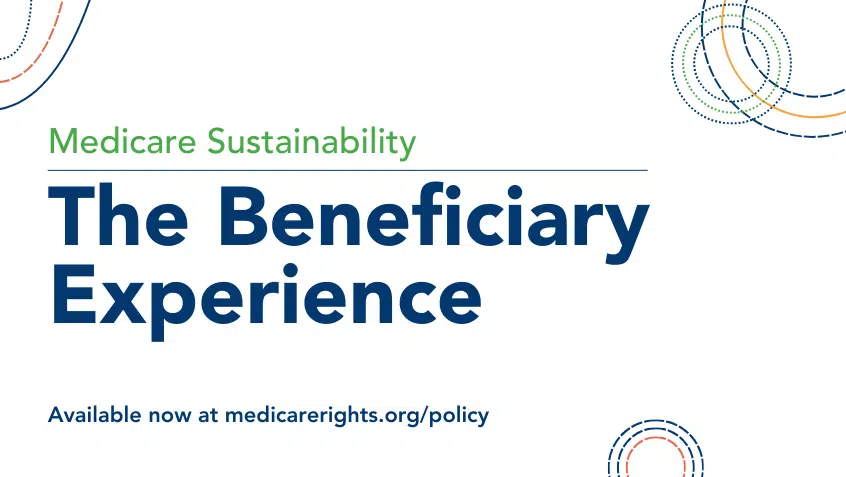Join Us Live for a Discussion on Medicare, Democracy, and the Future of Health Care
Medicare Prescription Drug Cost Sharing Has Devastating Consequences for Health

A new research paper demonstrates that cost-sharing in Medicare’s prescription drug program causes people to avoid care, to the detriment of their health. This finding builds upon previous research showing that higher cost-sharing causes patients to cut back on both high-value and low-value care.
As policymakers seek to curtail health care spending, many turn to economic theories that suggest raising costs on patients, so they have more “skin in the game,” will force patients to choose only the care they need and shop for the most cost-effective services. But the new paper indicates that instead, people respond to higher costs by simply cutting back on needed care, sacrificing even the most valuable and important treatments.
For their research, the investigators focused on Medicare Part D data. They found that higher cost-sharing for prescriptions led to higher mortality rates for people with Medicare. The connection was startlingly clear. Each percentage point increase in cost-sharing led to a several percentage point decrease in prescription fills for the examined medications—treatments for cholesterol, blood pressure, blood sugar, and chronic obstructive pulmonary disease. Alarmingly, the patients at highest risk for complications from dropping these medications were the ones most likely to do so.
Another newly released study further disproves the idea that putting additional burdens on consumers is an effective strategy. It shows that even when consumers tried to compare costs prior to obtaining a service, they faced significant barriers, like lack of information or options. Largely unable to price shop, their decisions about what care to receive, and where, were almost entirely based on provider recommendations.
At Medicare Rights, we have long been concerned with the accepted wisdom about “skin in the game” and consumerism. We must not rely on beneficiaries to shop their way out of high systemic health care and prescription drug prices. Most patients are not medical experts. They rely on others to guide them to the best care for their health and well-being. Cost-sharing, far from incentivizing good behaviors, merely penalizes those who need health care.
We urge all policymakers to consider how best to help people access and afford care and to reduce reliance on theories of behavior that merely cost patients money or even their lives. People must be able to get the care they need. The skin they have in the game is their own.
Show Comments
We welcome thoughtful, respectful discussion on our website. To maintain a safe and constructive environment, comments that include profanity or violent, threatening language will be hidden. We may ban commentors who repeatedly cross these guidelines.
Help Us Protect & Strengthen Medicare.
Donate today and make a lasting impact.
The Latest
Most Read
Add Medicare to Your Inbox
Sign up to receive Medicare news, policy developments, and other useful updates from the Medicare Rights.
View this profile on InstagramMedicare Rights Center (@medicarerights) • Instagram photos and videos









